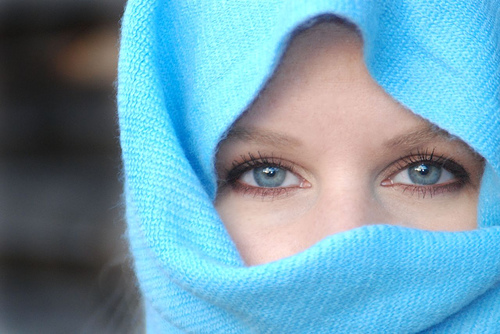Global Warming Prediction and the Problem with Models
It’s with some trepidation I dip my toes into this subject. But this recent report from the Earth System Science Center at The University of Alabama in Huntsville, using data from NASA’s Terra satellite, shows why keeping a minimum of skepticism about anything you hear about what conditions on Earth will be like in 20, or 50, or 100 years is probably warranted. The problem is that predictions about future temperatures on Earth […]


